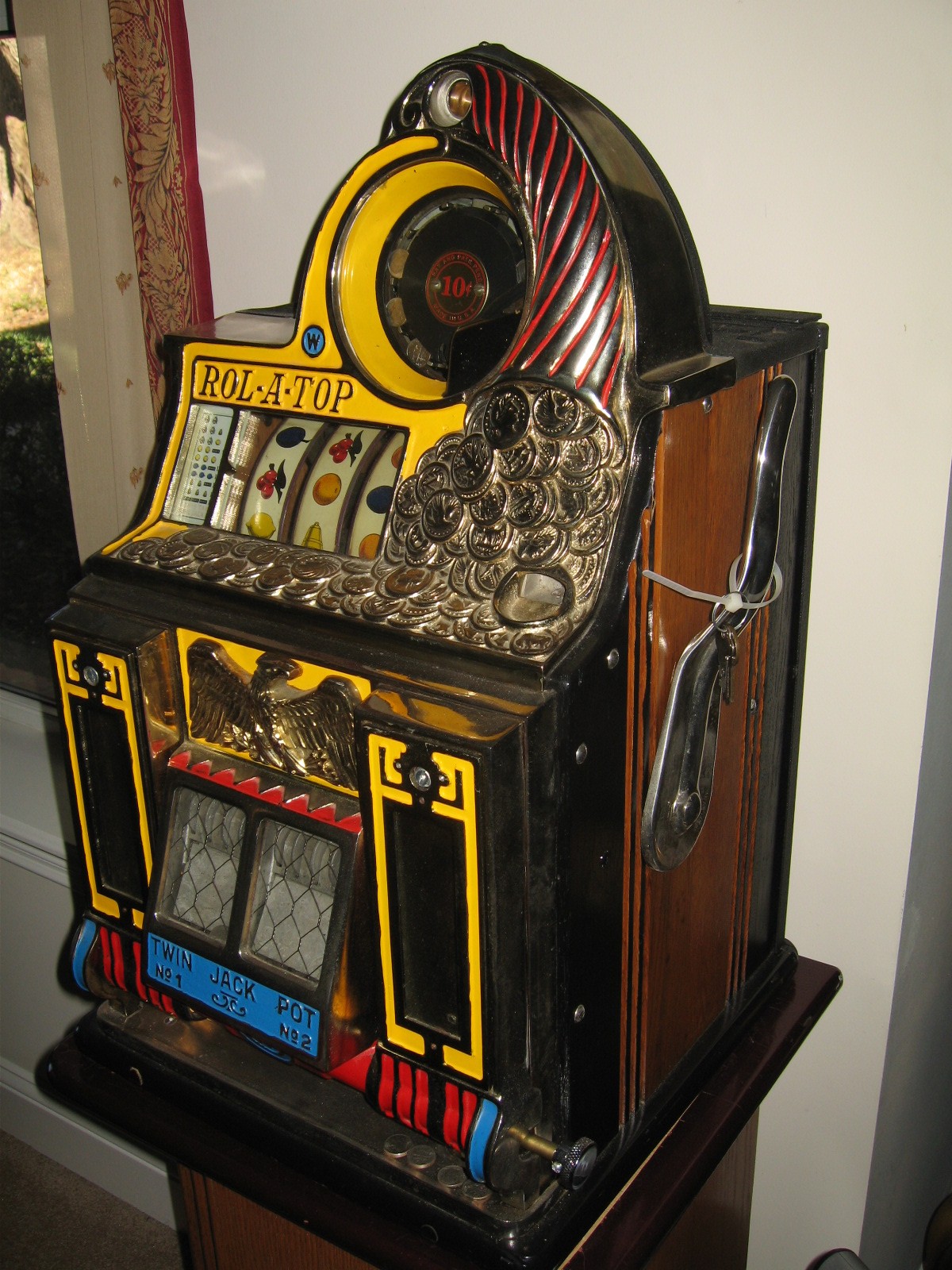A Slot Machine Is An Example Of Quizlet
Reinforcement Schedule


A Slot Machine Is An Example Of Quizlet For A

Gambling on a slot machine is an example of what type of reinforcement schedule? OTHER QUIZLET SETS. Psych Test 3.26.19. 88ProBet is the preferred online betting sports and live casino in Singapore. We gained our popularity through the creation of numerous online casino games, guaranteed payout when you win at A Slot Machine Is An Example Of A Quizlet any of our jackpot games, sportsbook betting, live casino games, horse and dog racing, and 4D TOTO.
A reinforcement schedule is a rule that specifies the timing and frequency of reinforcers. In his early experiments on operant conditioning, Skinner rewarded animals with food every time they made the desired response—a schedule known as continuous reinforcement. Skinner soon tried rewarding only some instances of the desired response and not others—a schedule known as partial reinforcement. To his surprise, he found that animals showed entirely different behavior patterns.
Skinner and other psychologists found that partial reinforcement schedules are often more effective at strengthening behavior than continuous reinforcement schedules, for two reasons. First, they usually produce more responding, at a faster rate. Second, a behavior learned through a partial reinforcement schedule has greater resistance to extinction—if the rewards for the behavior are discontinued, the behavior will persist for a longer period of time before stopping. One reason extinction is slower after partial reinforcement is that the learner has become accustomed to making responses without receiving a reinforcer each time. There are four main types of partial reinforcement schedules: fixed-ratio, variable-ratio, fixed-interval, and variable-interval. Each produces a distinctly different pattern of behavior.
On a fixed-ratio schedule, individuals receive a reinforcer each time they make a fixed number of responses. For example, a factory worker may earn a certain amount of money for every 100 items assembled. This type of schedule usually produces a stop-and-go pattern of responding: The individual works steadily until receiving one reinforcer, then takes a break, then works steadily until receiving another reinforcer, and so on.
On a variable-ratio schedule, individuals must also make a number of responses before receiving a reinforcer, but the number is variable and unpredictable. Slot machines, roulette wheels, and other forms of gambling are examples of variable-ratio schedules. Behaviors reinforced on these schedules tend to occur at a rapid, steady rate, with few pauses. Thus, many people will drop coins into a slot machine over and over again on the chance of winning the jackpot, which serves as the reinforcer.
On a fixed-interval schedule, individuals receive reinforcement for their response only after a fixed amount of time elapses. For example, in a laboratory experiment with a fixed-interval one-minute schedule, at least one minute must elapse between the deliveries of the reinforcer. Any responses that occur before one minute has passed have no effect. On these schedules, animals usually do not respond at the beginning of the interval, but they respond faster and faster as the time for reinforcement approaches. Fixed-interval schedules rarely occur outside the laboratory, but one close approximation is the clock-watching behavior of students during a class. Students watch the clock only occasionally at the start of a class period, but they watch more and more as the end of the period gets nearer.
A Slot Machine Is An Example Of Quizlet Human

A Slot Machine Is An Example Of Quizlet Government
Variable-interval schedules also require the passage of time before providing reinforcement, but the amount of time is variable and unpredictable. Behavior on these schedules tends to be steady, but slower than on ratio schedules. For example, a person trying to call someone whose phone line is busy may redial every few minutes until the call gets through.